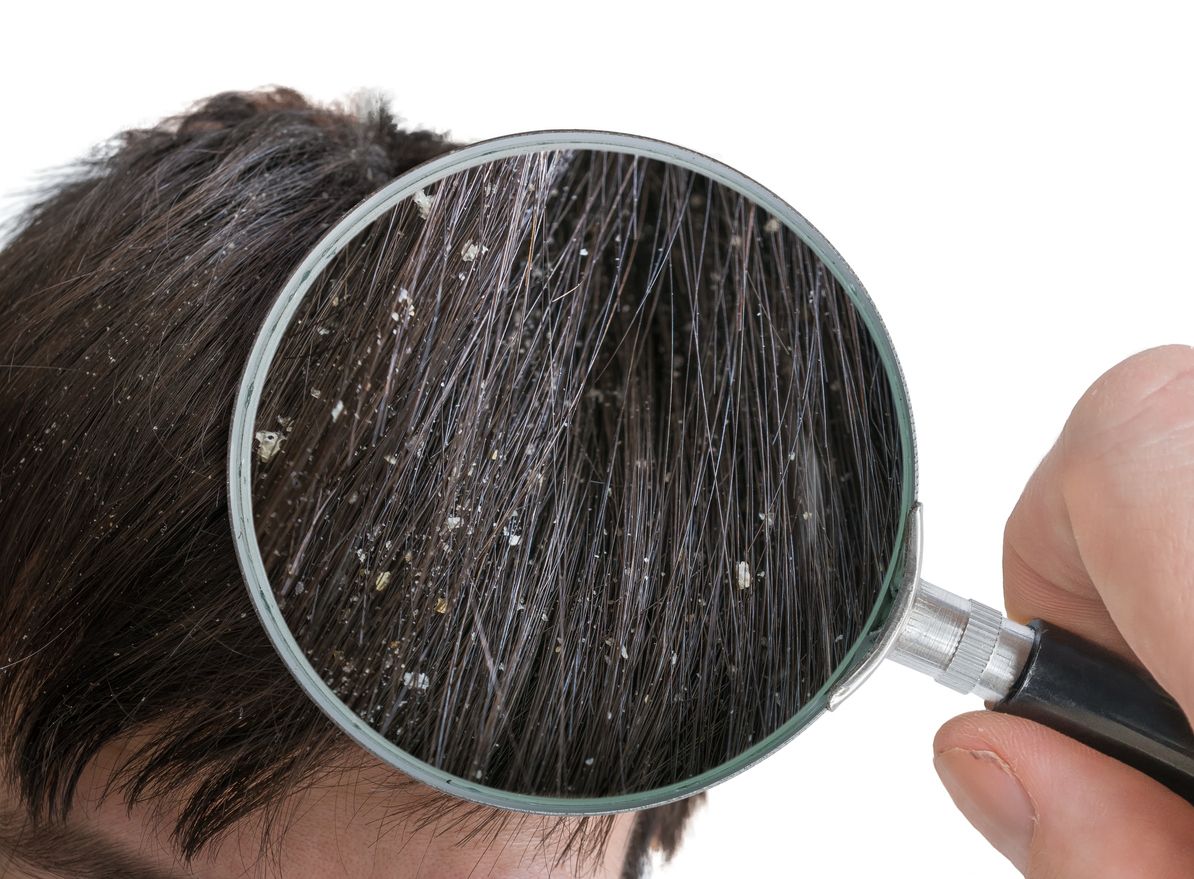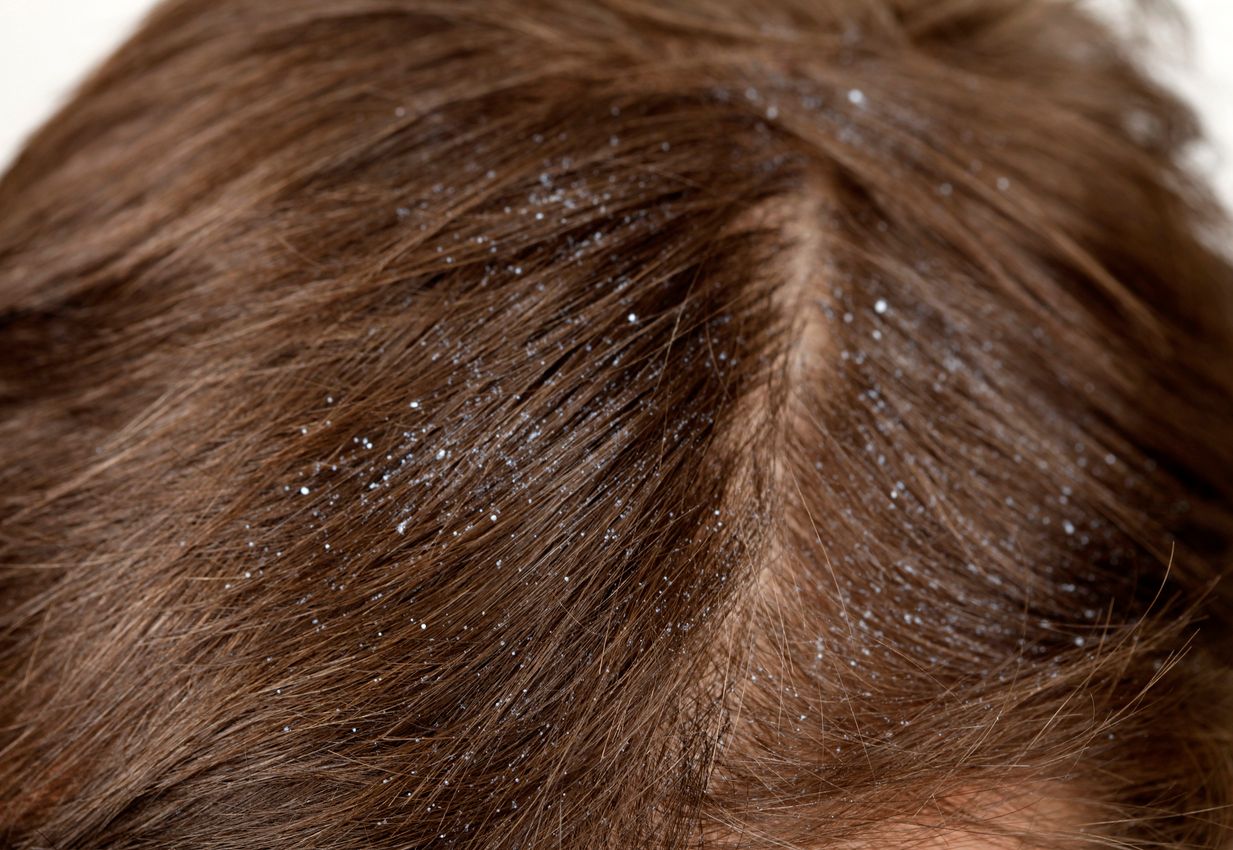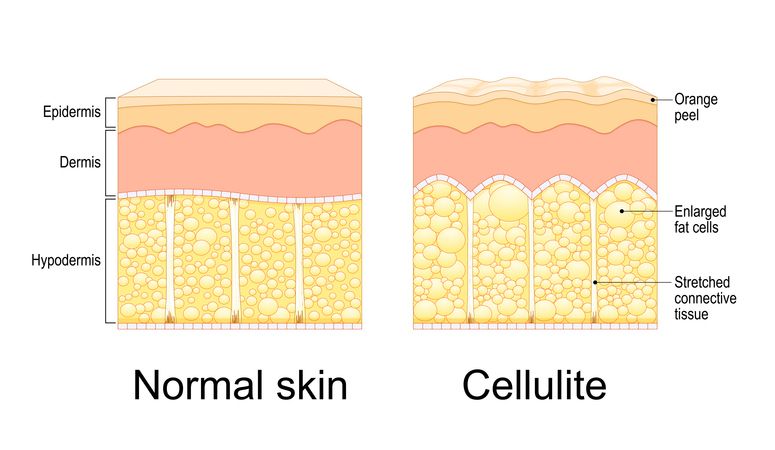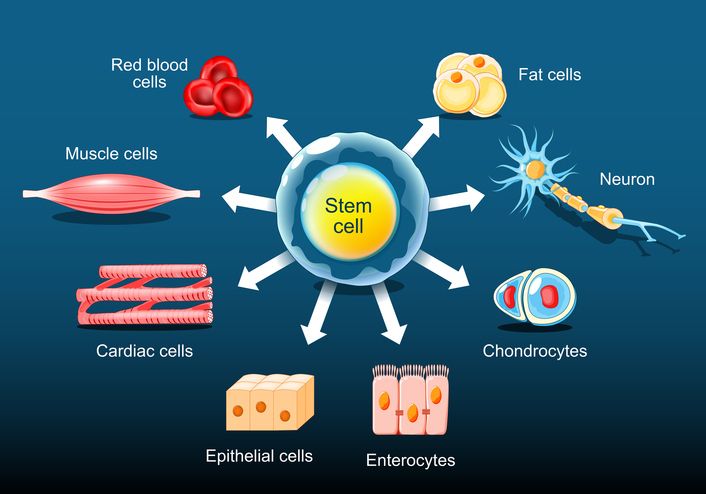
Author: Natalie Ng|Updated: 7 May 2025
Dandruff is more than just a few flakes on your shoulders. It’s a common skin condition that can be frustrating to deal with, especially when it keeps coming back. While there are many dandruff treatment options like medicated shampoo, coal tar shampoo or products with salicylic acid, your daily habits might be making things worse without you realizing it. Simple actions such as washing your hair with hot water, skipping regular brushing, or using too many styling products can lead to scalp inflammation, irritated skin, or increased oil production. These changes affect how skin cells behave and can trigger or worsen dandruff symptoms like flaking, redness, and an itchy scalp. Conditions like seborrheic dermatitis or seborrhoeic dermatitis may also flare up due to poor hygiene, stress, or a poor diet. Even the shampoo or hair products you choose can cause an allergic reaction or buildup that makes dandruff harder to control. If you're trying to treat dandruff or prevent dandruff from getting worse, it's helpful to know which habits are working against you. Keep reading to learn what might be getting in the way of a calm, healthy scalp.

1. Over-Washing Your Hair

Washing too often disrupts the scalp
Many people think washing hair regularly helps control itching and visible flakes, but washing too often can do more harm than good. Shampooing every day strips the scalp of its natural oils. Using appropriate dandruff shampoos with active ingredients can help maintain scalp health by alleviating symptoms like itching and flaking. These oils, called sebum, help protect the skin and keep it from drying out.
More washing can cause more oil production
When the scalp loses too much oil, it tries to replace it by producing more. This extra oil can lead to an oily scalp, which creates a perfect environment for the fungus linked to dandruff and seborrheic dermatitis to grow. That can cause more flakes, redness, and irritation.
What to do instead
Try washing your hair two to three times a week using a gentle shampoo that supports scalp health without removing all the natural moisture. If you have severe dandruff or scalp inflammation, a medicated shampoo like coal tar shampoo, anti dandruff shampoo with selenium sulfide, or one with salicylic acid may help control symptoms. Some people also find products with tea tree oil or australian tea tree useful. If symptoms like an itchy scalp or irritated skin don’t improve, speak to a doctor about treatment for underlying skin conditions.

2. Taking Hot Showers

High temperatures dry out your scalp
Hot water in showers might feel soothing, but it strips away your scalp’s natural oils. These oils help keep the skin barrier intact and protect against dryness, flaking, and irritation. When the scalp loses this moisture, it can trigger more oil production as a reaction, which often leads to an oily scalp and an increase in dandruff symptoms.
Heat can trigger inflammation and worsen dandruff
Exposing your scalp to water above 105°F can cause scalp inflammation and make conditions like seborrheic dermatitis or seborrhoeic dermatitis worse. This heat also increases itching and may lead to visible flakes or an irritated scalp. If you already have dry skin or other skin conditions, high temperatures can intensify the discomfort.
Temperature guide for scalp health
• Hot (105°F and above): Increases dryness, inflammation, and flaking
• Warm (95–100°F): More scalp-friendly with minimal irritation
• Cool (85–90°F): Helps reduce itching and calms irritated skin
What to do instead
Stick to lukewarm water when washing your hair. This helps preserve your scalp’s moisture while still cleaning effectively. If you prefer warmer showers, try to limit the time your scalp is exposed and rinse with cooler water at the end. This final rinse can help reduce redness and seal the hair cuticle, preventing further irritation. For those treating dandruff or using medicated products like coal tar shampoo or anti dandruff shampoo, cooler water may help prevent drying out your scalp even more. Additionally, using a pyrithione zinc shampoo like Selsun Blue can be an effective option for controlling itching and flaking on the scalp.
Date should not be before minimal date

3. Skipping Daily Hair Brushing
Brushing helps balance oil and remove buildup
Not brushing your hair daily can cause a buildup of dead skin cells, oil, and dirt on your scalp, contributing to scalp die. When these build up, they create a perfect environment for dandruff-causing fungi like Malassezia to grow. Regular brushing helps prevent this by spreading natural oils from the scalp through the hair, preventing oil from sitting at the roots and feeding fungal growth.
Missed brushing affects scalp health
Brushing also works as a form of gentle exfoliation. It removes flakes and helps control itching by clearing away dead skin. It improves blood circulation in the scalp, which supports healthy skin cell turnover and may reduce flare-ups of seborrheic dermatitis and other skin conditions.
Brushing tips to prevent dandruff
• Use a natural-bristle brush or wide-toothed comb to avoid scalp irritation
• Brush from the scalp to the ends to evenly distribute oil
• For oily scalps, brush twice daily to prevent buildup
• For dry or sensitive scalps, stick to once daily to avoid scratching or damage
Brushing is a simple step that helps manage symptoms like flaking and itchiness. It also improves the effect of dandruff treatment products by allowing them to reach the scalp more easily. Avoid brushing too aggressively, as that can lead to irritation or redness.

4. Using Too Many Hair Styling Products
Product buildup blocks the scalp
Frequent use of styling products like gels, sprays, mousses, and serums can leave residue on the scalp. This buildup traps oil, dead skin cells, and debris, which clogs the pores and creates an unhealthy environment for the skin. When this happens, dandruff symptoms such as flaking, itchiness, and irritation often become worse.
Chemicals can disrupt scalp balance
Many styling products contain alcohol, fragrances, and other harsh ingredients that dry out the scalp or cause an allergic reaction. When the scalp dries out, it often responds by producing more oil. This excess oil production can lead to an oily scalp, which feeds the Malassezia fungus responsible for conditions like seborrheic dermatitis and seborrhoeic dermatitis.
How to reduce product-related dandruff
• Limit the number of styling products used daily
• Choose lightweight, water-based products that rinse out easily
• Avoid products with heavy oils or strong fragrances if you have sensitive skin
• Use a clarifying or anti dandruff shampoo once a week to remove buildup
• If you use medicated shampoo or treatment products like tea tree oil or coal tar, make sure there is no product barrier that keeps them from reaching your scalp
Keeping your scalp clean and free from heavy residue helps maintain the effectiveness of dandruff treatment. It also reduces irritation and the risk of buildup that can trigger or worsen symptoms.

5. Neglecting to Moisturize Your Scalp
Dry scalp triggers oil overproduction
Many people with dandruff avoid moisturizing, thinking it will make their scalp oilier. But a dry scalp often does the opposite—it increases oil production to make up for the lack of moisture. Ensuring you get enough zinc, along with B vitamins and healthy fats, is crucial for maintaining scalp health and can help manage dandruff. This leads to an oily scalp and can worsen flaking, itching, and inflammation. For people with seborrheic dermatitis or seborrhoeic dermatitis, this imbalance often makes symptoms more noticeable.
Moisture supports the skin barrier
Your scalp needs a healthy moisture balance to maintain its natural protective barrier. When this barrier weakens, it becomes easier for fungi like Malassezia to grow and for irritation to develop. Proper hydration also helps reduce visible flakes, soothes irritated skin, and supports skin cell turnover.
How to keep your scalp hydrated
• Use a non-comedogenic scalp oil once or twice per week to prevent dryness without clogging pores
• Apply a hydrating serum with ingredients like hyaluronic acid to improve moisture retention
• Choose sulfate-free, gentle shampoo formulas that clean without stripping essential oils
• Add a deep-conditioning scalp treatment weekly to maintain comfort and reduce inflammation
Consistent moisturizing helps calm scalp inflammation and may support the effectiveness of treatments like salicylic acid or selenium sulfide shampoos. It also helps control itching and dryness, especially for people using medicated shampoo or coal tar shampoo, which can sometimes dry out the scalp further. Additionally, home remedies like coconut oil and aloe vera can be considered for maintaining scalp hydration.
Date should not be before minimal date

6. Sharing Hair Tools and Accessories
Shared tools spread bacteria and fungi
Using someone else’s brush, comb, or hair tie might seem harmless, but it can transfer bacteria, fungi, and product residue to your scalp, leading to visible flakes falling on your shoulders. This increases the risk of flare-ups, especially if you’re already dealing with dandruff or other skin conditions. The fungus that causes dandruff thrives in environments where dead skin cells and oil build up—exactly what accumulates on unwashed tools.
Brush and comb buildup affects your scalp
When you don’t clean your brushes and combs regularly, they hold onto leftover hair products, sebum, and dead skin. This buildup reintroduces irritants back to your scalp every time you use them, which can worsen existing symptoms like flaking, redness, and itching. It also disrupts the natural microbiome on your scalp, making it easier for dandruff symptoms to return or spread.
Risks of shared and unclean accessories
• Shared hats and headbands can trap sweat and oil, creating a humid space that encourages fungal growth
• Unwashed brushes become breeding grounds for organisms that irritate skin and cause inflammation
• Using contaminated tools may spread conditions like seborrheic dermatitis or trigger allergic reaction
• Product buildup on tools can block the scalp and interfere with dandruff treatment
What to do instead
Always use your own hair tools and clean them weekly. Soak brushes and combs in warm water with mild shampoo or vinegar to remove residue and kill germs. Avoid borrowing hats or accessories that touch the scalp, and store your items in a clean, dry place. Keeping your tools clean helps prevent dandruff symptoms from spreading or getting worse, and supports a healthier scalp overall.

7. Scratching Your Scalp Excessively
Scratching damages the skin
Scratching an itchy scalp might give short-term relief, but it can cause long-term problems. Repeated scratching leads to tiny breaks in the skin, which can become inflamed or infected. This damage makes it easier for bacteria and fungi to spread, increasing dandruff symptoms like redness, flaking, and irritation. It can also worsen conditions like seborrheic dermatitis and other common skin conditions affecting the scalp.
Scratching spreads oil and yeast
The more you scratch, the more you spread sebum and yeast like Malassezia across the scalp. This can cause new areas of irritation and make existing dandruff worse. Friction from scratching also removes the scalp's protective oils, leading to dry skin and even more itching—creating a cycle that's hard to break.
Other risks of frequent scratching
• Can lead to scalp inflammation and delayed healing
• May cause hair thinning or hair loss if follicles are damaged
• Increases risk of secondary infections, especially if skin is broken
• Makes dandruff treatment less effective by disturbing the scalp's surface
What to do instead
Instead of scratching, use gentle massage when applying anti dandruff treatments or medicated shampoo. Products with ingredients like tea tree oil, coal tar, or salicylic acid can help control itching without damaging your skin. A gentle shampoo made for sensitive or irritated skin can also reduce discomfort and protect the scalp. Moisturizing regularly and avoiding triggers like stress and excess oil buildup can further help control itching.

8. Wearing Tight Hats and Headwear
Tight headwear traps heat and moisture
Wearing snug hats, caps, or headbands for long periods can create a warm, humid environment on your scalp. This traps sweat and oil, which leads to excess oil production and encourages the growth of Malassezia—the fungus linked to dandruff, seborrheic dermatitis, and seborrhoeic dermatitis. The longer your scalp stays damp and covered, the more likely it is to become irritated.
Friction and pressure harm the scalp
Tight-fitting headwear places constant pressure on the same areas of your scalp. This causes friction, which can weaken the skin’s natural barrier and lead to more flaking, itching, and redness. Reduced airflow also interferes with your scalp’s ability to “breathe” and shed old skin cells, contributing to buildup and irritation.
How to reduce damage from headwear
• Choose breathable, loose-fitting hats made of natural fabrics
• Avoid wearing tight hats for extended periods, especially in warm weather
• Wash hats and headbands regularly to remove sweat, oil, and product residue
• Let your scalp breathe throughout the day by taking off your headwear when possible
Managing dandruff symptoms starts with reducing the heat, sweat, and pressure that tight headwear causes. Allowing better airflow helps calm irritated skin and supports the effectiveness of dandruff treatment products, whether you're using a medicated shampoo or a gentle shampoo designed for itchy scalp care.
Date should not be before minimal date

9. Stress
Stress disrupts your scalp’s balance
Chronic stress can make dandruff symptoms worse by affecting your body’s immune response. Identifying the exact cause of dandruff can be complex, but stress is known to be a significant contributing factor. When you’re stressed, your body produces more cortisol, a hormone that can increase oil production on the scalp. This excess oil creates an environment where Malassezia yeast grows more easily, triggering flare-ups of dandruff, seborrheic dermatitis, and scalp inflammation.
Stress affects skin and triggers flare-ups
During stressful periods, many people notice increased itching, redness, or visible flakes. Stress can also worsen other skin conditions like psoriasis, which may appear alongside or be confused with dandruff. If you’re already treating dandruff, unmanaged stress may reduce the effectiveness of your dandruff shampoo or medicated shampoo.
How to reduce stress-related flare-ups
• Get enough sleep each night to support your immune system
• Stick to a consistent routine that includes time to rest
• Stay active with regular physical activity, which may help reduce tension
• Avoid triggers like caffeine overload and poor diet, which can make stress symptoms worse
While dandruff treatments like coal tar shampoo, salicylic acid products, or anti dandruff shampoo help control symptoms, they work better when supported by good lifestyle habits. Managing stress levels is one way to help prevent dandruff from returning or becoming more severe over time.

10. Poor Diet and Hydration Habits
Nutrient deficiencies affect scalp health
A diet low in essential nutrients like zinc, biotin, and omega-3 fatty acids can make it harder for your scalp to stay healthy. These nutrients help control oil production, reduce inflammation, and support normal skin cell turnover. Without them, your scalp may become dry, irritated, and more prone to flaking. People with a poor diet often experience more severe dandruff symptoms, especially if they’re also dealing with skin conditions like seborrheic dermatitis.
Additionally, moderate sun exposure can benefit scalp health by helping to manage dandruff, but it's important to avoid overexposure to reduce the risk of skin cancer.
Dehydration worsens dryness and flaking
Not drinking enough water can lead to dry skin across your entire body, including your scalp. This dryness can trigger excess oil production, which feeds dandruff-causing fungi. Dehydrating habits like drinking too much caffeine or alcohol also reduce your body's ability to retain moisture, making it harder to maintain a balanced scalp environment.
Foods and habits to avoid
• Sugary snacks and processed foods may increase inflammation and oil buildup
• High-salt meals can draw moisture away from the skin, drying out your scalp
• Alcohol and caffeine can increase urination and reduce overall hydration
• Skipping meals or extreme dieting may deprive the body of nutrients needed for healthy skin
Supporting scalp health through diet
• Include foods rich in zinc (like pumpkin seeds and lentils) and omega-3s (such as salmon or walnuts)
• Add vitamin-rich fruits and vegetables to promote skin health and support skin cell renewal
• Drink plenty of water daily to help maintain scalp hydration
• Choose a balanced diet over supplements unless directed by a healthcare provider
A healthy diet and proper hydration can support the effectiveness of any dandruff treatment. Whether you’re using coal tar, salicylic acid, or tea tree oil products, good nutrition helps your scalp recover and stay balanced longer.

Bonus Tip: Support Your Scalp with F8 Hair Regrowth Treatment
If you're dealing with stubborn dandruff and looking for something more than just shampoo changes, the F8 Hair Regrowth Treatment might be a helpful addition to your routine. While it's known for boosting hair growth, this non-invasive scalp treatment can also support dandruff treatment by improving overall scalp health and restoring balance.
How F8 Works
The F8 Hair Regrowth Treatment uses low-energy laser technology combined with a professional-grade hair growth serum. During the session, the laser is applied across the scalp to stimulate hair follicles and strengthen capillaries around the hair papilla. This improves microcirculation and helps deliver nutrients directly to the follicles, encouraging healthy skin cell function and reducing scalp inflammation.
After the laser step, a nutrient-rich serum is applied to the scalp. The serum absorbs more effectively thanks to the laser's stimulation, helping cleanse the scalp, reduce sebum buildup, and hydrate dry skin. These benefits create a more stable environment to prevent dandruff and other scalp issues linked to excess oil production, buildup, and irritation.
Why It Can Help with Dandruff
Many dandruff symptoms are linked to poor scalp circulation, oily scalp conditions, and clogged follicles. The F8 treatment addresses these factors by:
• Improving blood flow to support scalp recovery
• Helping control sebum, which prevents oily buildup
• Unclogging hair follicles and clearing scalp debris
• Calming irritated skin without causing damage
It’s suitable for both men and women with scalp concerns, including visible flakes, itchy scalp, or scalp inflammation from conditions like seborrheic dermatitis.
Safe and Simple
The F8 Hair Regrowth Treatment is completely non-surgical and requires no downtime. There’s no peeling, no discomfort, and you can wash your hair as usual after treatment. It's a simple, safe addition to support your existing dandruff treatment plan—especially if dandruff keeps coming back despite using anti dandruff shampoo or medicated shampoo.
Want to take your scalp care to the next level? Book a consultation and see how F8 can support a healthier, flake-free scalp.
F8 Hair Regrowth TreatmentDate should not be before minimal date
FAQ
1. Can dandruff be caused by poor hygiene?
Yes, poor hygiene can contribute to dandruff, especially if you go too long without washing your hair regularly. Infrequent shampooing allows dead skin cells, sebum, and product residue to build up on the scalp, which can lead to flaking, itching, and even fungal overgrowth. While dandruff isn't only caused by poor hygiene, not keeping your scalp clean may worsen the condition. Using a gentle shampoo or an anti dandruff shampoo a few times per week can help prevent buildup and keep the scalp balanced.
2. What is the difference between dandruff and seborrheic dermatitis?
Dandruff and seborrheic dermatitis are closely related but not exactly the same. Dandruff is a milder form of scalp flaking, usually without significant redness or irritation. Seborrheic dermatitis is a more severe condition that involves visible flakes, scalp inflammation, and sometimes patches of greasy or irritated skin. Both conditions can be triggered by excess oil production, fungal growth, or stress. Treatments often overlap, including the use of medicated shampoo, salicylic acid, or coal tar shampoo.
3. Is it okay to use tea tree oil directly on the scalp?
Tea tree oil is a popular home remedy for treating dandruff due to its antifungal and soothing properties. However, applying it directly to the scalp can cause irritation or an allergic reaction, especially if you have sensitive skin. It’s safer to use diluted tea tree oil or choose a dandruff shampoo that already includes it in a balanced formula. Always patch test before applying new products to avoid worsening symptoms like itching or redness.
4. Can diet really affect dandruff?
Yes, diet can have a noticeable impact on dandruff. A healthy diet rich in zinc, vitamin B, and omega-3 fatty acids helps regulate oil production and supports the skin barrier. On the other hand, processed foods high in sugar and salt, along with dehydration, may lead to skin dryness, poor scalp health, and increased flaking. Staying hydrated and eating nutrient-dense foods can support any dandruff treatment plan and help maintain long-term scalp balance. Additionally, moderate exposure to sunlight can benefit scalp health by reducing dandruff, but it's important to avoid overexposure to minimize skin cancer risks.
5. Do tar based shampoos help with severe dandruff?
Tar based shampoos, such as coal tar shampoo, are often used to treat dandruff, especially when linked to conditions like psoriasis or seborrheic dermatitis. Coal tar slows down the rate at which skin cells die and flake off, helping reduce scaling and itching. These shampoos can be effective when used correctly but should be used under guidance if you have sensitive skin, as they may increase sensitivity to ultraviolet light. Always follow the product instructions or consult a healthcare provider for best results.
Recommended Articles
COPYRIGHT© NEW BEAUTY MANAGEMENT LIMITED 2026. ALL RIGHT RESERVED.




